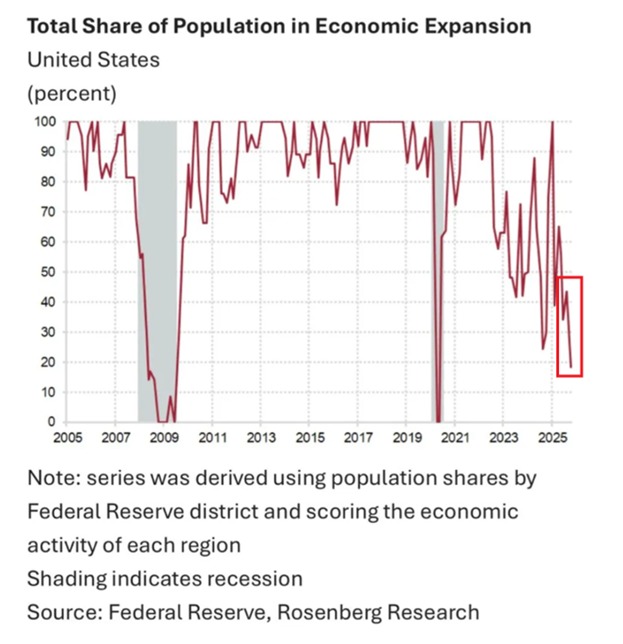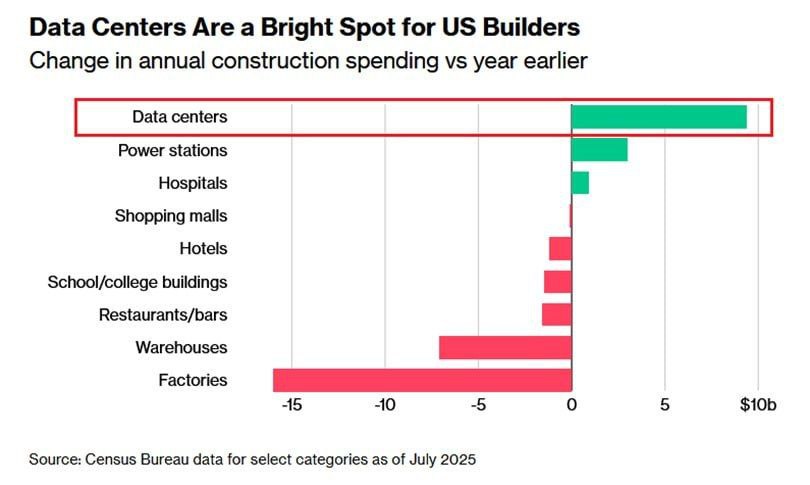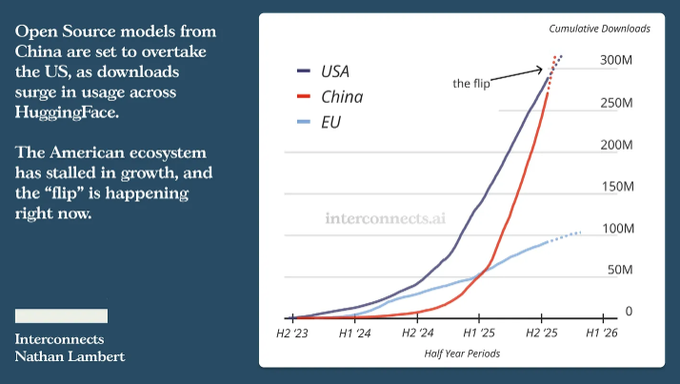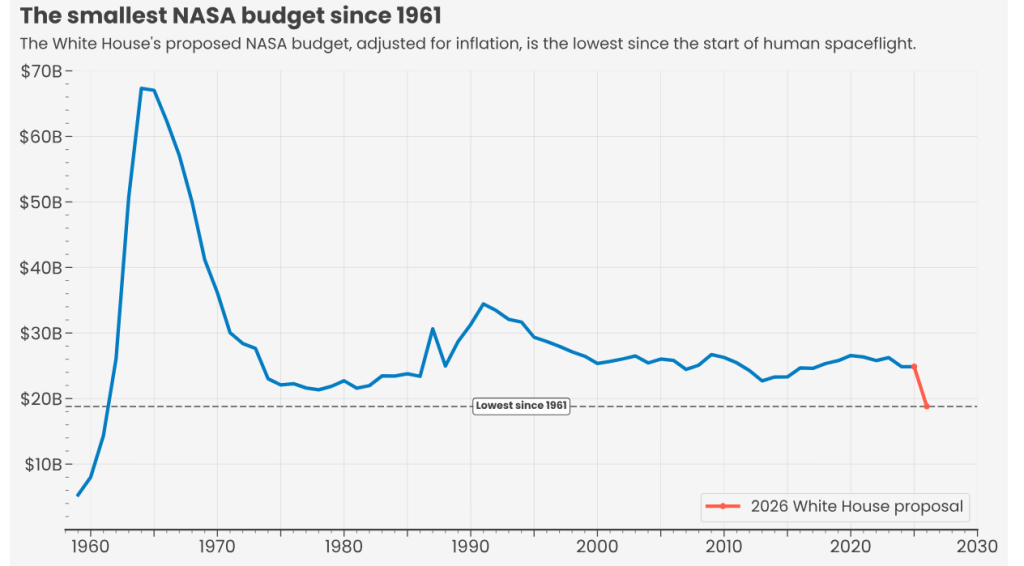The simplest measure of a government’s legitimacy is whether or not it works for the benefit of the people. Democrats also believe the government should be selected by the people.
America does not meet either criterion at this time. Yes, there are elections, but the duopoly means that voters tend to choose from a small slate, pre-selected by others. The most visible occasion of this was when Obama had every Democratic presidential nominee candidate drop out so that Biden could defeat Bernie Sanders. Year in, year out, most of the candidates put up for election are those chosen by party insiders.
This is not always true, of course. It is less true on the Republican side, where primarying incumbents often works and where a vocal but grassroots minority does have significant power in choosing candidates. On the Democratic side it’s mostly true, but some candidates do slip thru: Mamdani for New York City mayor being the most recent example.
Still, overall, it’s questionable that Americans really choose their own government, and that’s true in most Western countries. In Romania, for example, the unacceptable candidate who was going to win was simply arrested and banned from running and there is a movement to make Germany’s AfD illegal. In Canada the party leaders simply refuse to allow pro-Palestine candidates, even those who are selected as candidate by their riding, to run.
The more accurate view is that political parties in most ostensibly democratic countries are political oligarchies. How much this is true varies. First past the post system tend to have very strong oligopolies, while proportional representation countries allow more flexibility.
Perhaps worse when outsider candidates do break thru and win they usually don’t wind up voting for and doing what they ran on. You can see this (though it’s a bit of a stretch to call him an outsider) with Trump. It’s visible with AOC, the darling of the left who has voted for almost all Israeli aid packages and who has clearly decided to become an insider.
So first there’s a huge barrier to electing people who support outsider views, then most of them are co-opted. If there’s a real threat of an outsider taking the top seat, the establishment works hard against them. We saw that with Corbyn, where one academic study found that about 80% of all news stories lied about his policies.
It’s fair to say that most Western countries don’t really have “government by the people.” The mechanisms still, partially, exist. The form is there, but the reality isn’t. They’re political oligarchies. (The EU is worse than the US.)
And we all know that most Western governments aren’t “for the people.” For fifty years they’ve been immiserating their own people, becoming rich themselves and forcing money upwards, creating a financial oligopoly on top of the political oligopoly. I often say that for most Westerners their most dangerous enemies are their own politicians. Putin isn’t a danger to you as a EU member or America. But Macron or Von Der Leyen are. They’re the ones destroying your standard of living and piecemeal destroying social supports. This is even more the case in Britain, where there hasn’t been a Prime Minister whose primary legacy wasn’t hurting most Britons since the 70s. (Well, maybe Tony Blair had that as his secondary goal, his primary goal being hurting Iraqis to toady to America.)
Great systems are judged by their great opponents. For much of the 20th century that was the USSR and it is not entirely a coincidence that when the USSR was strong, Western governments treated their people well. Of course that isn’t all there is to it, there were the oil shocks, Vietnam, etc… But the West was ideologically scared of communism and when it seemed to work, they felt they had to make capitalism work.
These days the great opponent is China, and the one party communist state running a hybrid capitalist/socialist economy. And the problem for the West is that China’s government, while not “by the people” is definitely “for the people”. They’ve brought more people out of poverty than anyone else ever has. They keep rent and housing and health care prices low, as deliberate policy. Incomes are lower than in the West, but costs are much lower. You can buy enough food to feed someone for a week for $50 in most of China, with ease.
They also create the future: high speed trains, for example. They build real public infrastructure. I was very impressed when they built rest and relaxation places for delivery workers: they cared that such workers were miserable and exploited. And they build things like this:
In the US, rich people enjoy beautiful infrastructure.
In China, amazing things are open to everyone, even the poorest of the society.
That’s capitalism versus socialism.
A park in Chengdu. pic.twitter.com/D4NkHKqcLC
— S.L. Kanthan (@Kanthan2030) October 31, 2025
Now it’s fair to say that this isn’t precisely “socialism” vs. “capitalism”. There was a time when the West built lots of public parks and so on. It’s the difference between a real rich society and a financialized society. One has plenty of excess capacity, the other has plenty of money but very little actual ability to build and create and no desire to do so if someone can’t make an unfair profit from it.
The problem for the West is simple: China is better governed than almost any (perhaps actually any) Western country. And that governance shows plenty of signs of being in the interests of the vast majority of Chinese, whose lives it has vastly improved. Democracy itself is in danger. If it doesn’t produce better results for ordinary people, and if it’s basically fake anyway, why keep it?
The risk here is that the anti-democratic forces in the West aren’t the CPC, they’re billionaires who think the problem with the current government is that it still does some things for ordinary people which aren’t primarily about benefiting billionaires. They’re fascists, at best.
Democracy, if it wants to survive as a major force in the world, needs real reform (all so-called reforms in the West over the past 50 years have been about hurting ordinary people to benefit rich people). If it isn’t re-aligned to work for the majority, its day as a major force in the world faces a bloody sunset.
This site is only viable due to reader donations. If you value it and can, please subscribe or donate.

 For a long time after the Industrial Revolution, many thinkers believed that automation would lead to us living lives of leisure. Twenty hour work weeks, or even less, and many people wouldn’t need to work at all, but would still live good lives.
For a long time after the Industrial Revolution, many thinkers believed that automation would lead to us living lives of leisure. Twenty hour work weeks, or even less, and many people wouldn’t need to work at all, but would still live good lives.

 This is, again, because Chinese models are at least 90% cheaper to run, and mostly open source. Only a complete and utter moron would run their business using proprietary models where OpenAI or Anthropic can jack up the price any time they want or depreciate the model you actually needed. Even US startups agree, 70 to 80% of them are using Chinese open models.
This is, again, because Chinese models are at least 90% cheaper to run, and mostly open source. Only a complete and utter moron would run their business using proprietary models where OpenAI or Anthropic can jack up the price any time they want or depreciate the model you actually needed. Even US startups agree, 70 to 80% of them are using Chinese open models.